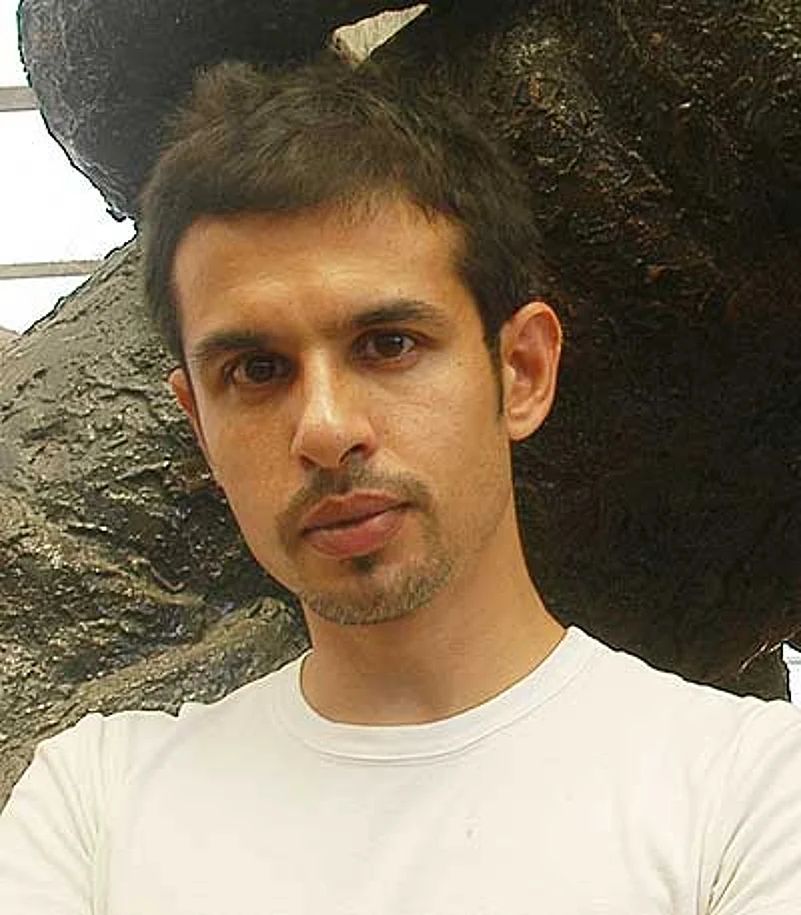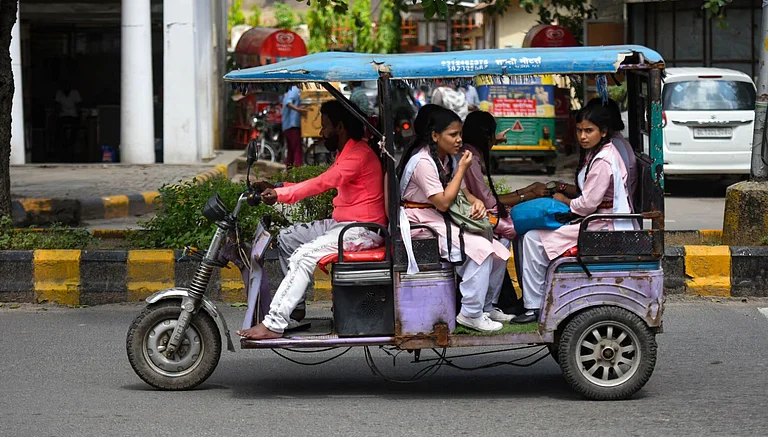Everyone says they are surprised when they win a litprize—really?
For me, it meant I could let go of some of the nagging doubts I felt as a writer—whether my work was really good.
It’s the first literary prize you’ve won?
Yes. My earlier book, Tokyo Cancelled, reached the shortlist for the Crossword award, but Salman Rushdie beat me out.
Salman Rushdie gave your book a wonderful blurb—how did it happen?
When Salman told me he’d read Tokyo Cancelled and liked it, I asked him if he would read my second book. He was gracious enough to do so.
You’ve been a judge for some literary prizes: what sort of book wins a prize?
There’s no formula for a “prize-winning book”. The outcome depends heavily on the judges’ individual preferences.
Did you write this book to win a prize?
I write books because I wish to explore questions within myself. Whether the book will win prizes—or even whether anyone will want to read it—is something that only becomes clear later.
Weren’t you afraid a 100-year-old Bulgarian protagonist would put off your reader?
Readers are more robust than you think. They read about things far more obscure and challenging than 100-year-old men.
You prefer to write a bestseller or a prize-winner?
In the wake of a prize, I’ll go for sales!
Why the wide gap between the two?
I don’t think there is. Marquez has won the most prestigious prize there is—the Nobel—and his novels sell in the millions. Readers love great stories, great writing, great questions.
Born and bred in UK, where’s home for you?
Delhi. I’m a foreigner here, but it’s home.
What next?
A book about my adopted city.























